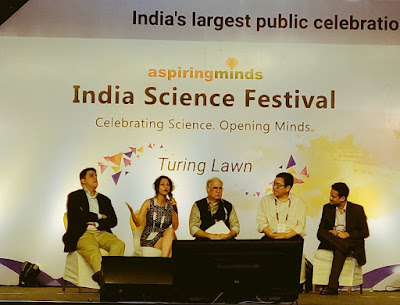Reforming higher ed in Jordan: politicking away


Policy-making is political theatre. No doubt about it. That which is not behind closed doors is posturing. But rather than condemn posturing, we should try to understand it. After all, it serves a purpose. It makes public the intent to create buy-in as well as detect common resistances. Conferences oriented towards policy-making are hardly about making decisions then and there. It's about feeling the pulse, NOT of the generic public per se, but about key stakeholders in the game. So with this higher education reform conference in Amman that I was part of, ministers, deans, professors, private education consultants, ed publishers and others congregated for a period of 3 days to discuss key problems and solutions for higher ed reform. About 500 delegates including from Lebanon, Syria, Palestine and others in the region took part in this process. It was an impressive turn out of card touting and name dropping. It was true to form, a networking event.
All this should not surprise. Jordan is an amazing example of diversity and assimilation as it has one of the highest concentrations of immigrants and refugees and yet is able to provide stability. It could be the center of learning in the Middle East region and beyond. After all, education is big business. It no longer suffices that higher education cater to the local but rather, serve as a global platform and stepping stone to transnational competitiveness. In fact, Jordan is strategically positioned to take on this role, with an extraordinary 20% of the budget earmarked for higher education. No wonder private educational providers turn up to such events from around the world, hoping to get a slice of the educational funding pie.
What is also interesting are the buzzwords that circulate. In spite of the diversity of the crowd, the same themes keep circulating, telling us what's in fashion now: blended learning, student-centric pedagogy, mentoring, outcome based education and the like. Also, there is much emphasis on new media in the classroom, pushing one to wonder why they don't just have that as central to the conference. Audience questions are also revealing. The fact that they are rarely questions but statements of public belief, experience, and conviction feeds into the posturing ambiance. “I have been a dean for 34 years and in my experience…” is usually how it goes. Posturing is the public policy dance after all.



Comments
Post a Comment